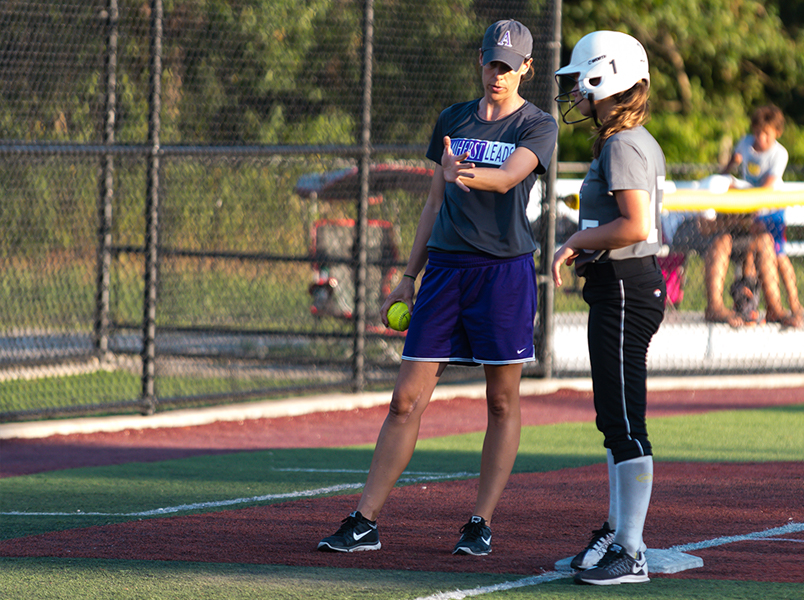



April 18, 2018
Now in our 20th year, Headfirst Honor Roll Camps have long been the premier showcase for academically-minded student-athletes. Our full-time staff of former coaches and players is present at every event to deliver insight and guidance as you navigate the process. Whether at Stanford, Duke, Amherst, Lafayette or Georgetown, our team has been through this process – first as student-athletes and then as recruiters. We’re well-versed in the nuances of recruiting at high-academic schools from both the player’s and coach’s perspective.
Because of this wealth of experience, parents and players often reach out to us with questions about the recruiting process. To help as many families as possible, we decided to address some of the most frequently asked questions here on our blog over the coming weeks.
Student-athletes come to our camps at all stages of the recruiting process. Some are rising seniors, and have their final SAT and ACT scores, as well as three full years of their high school transcript. Many others who are younger come with a less complete academic portfolio – simply by virtue of their age and stage in the process. There are also many student-athletes who have taken their SAT or ACT, but are planning on re-taking the tests to achieve a higher score. Our recruiting tip this week is primarily geared towards those student-athletes who are earlier in the recruiting process, as well as those planning on re-taking standardized tests.
Do high-academic schools need to see test scores before beginning the recruiting process with a student-athlete?
The short answer is no. While it’s true that high-academic schools will eventually need to see a more complete transcript and finalized test scores before committing a student-athlete, the identification process often starts earlier in their high school career, before a student-athlete has test scores or a full transcript. When a player piques their interest athletically, coaches will check to see if the student-athlete is trending towards being academically “recruitable.” Each coach knows what this means for their school and while athletic ability can aid in the admissions process, student-athletes still need to meet a certain threshold for the coaches’ support through admissions. These coaches are likely to be more liberal with their assessments the younger the player is and will continue following a player who interests them on the field while their test scores and full transcript develop.
In fact, it’s often easier to attract the attention of recruiters from high academic schools before they see your test scores. If they have already seen you play and you have established a relationship, coaches will be significantly more likely to show patience should your first attempt at a standardized test not go as planned. Similarly, if you attract on-field interest at camp, and also establish and maintain a relationship with coaches as you’re planning on re-taking your SAT or ACT, you can often leave many more doors open for longer as you finalize the scores necessary for a coach to commit you.